Extract from paper on legal costs presented by Mike Emerson to Lexus-Nexus Masterclass Young Lawyers Day 6 May 2005
Ways To Reduce Costs For All Concerned
The high costs of litigation are well documented. In the Family Law arena there are also the emotional costs of highly conflictual and protracted proceedings which can be extremely damaging for parties directly involved and those caught in the crossfire which, in many instances, are the children of the parties.
Separation is never easy and emotions are often highly charged and readily fuelled. Whilst acting within the bounds of their instructions I believe that family lawyers have a responsibility to acknowledge the special features of the jurisdiction in which they practise and to endeavour to encourage settlement and advocate sensible solutions whenever possible aimed at minimizing the conflict and consequent distress and assisting the parties to resolve their issues without undue cost whether financial or emotional.
Apart from the pointers referred to above in relation to avoidance of costs orders, I suggest the following as ways of minimizing the legal costs of separation:
- Direct your mind to resolving the matter from the time the client first consults you and continue to direct your efforts towards resolving the matter as it moves through the various stages. This does not involve settlement at all costs or rolling over but having a focus on obtaining a resolution that meets your client’s needs and is realistic in the circumstances.
- Rather than simply paying lip service to the pre-action procedures, see them as offering the parties a real opportunity to resolve the matter without the stress or cost of litigation.
- Try to tailor the process to your client and his or her individual needs. Some clients will benefit from mediation whilst others may be better served by arbitration or a neutral assessment.
- Try to effectively manage your client’s expectations by sound advice, realistic assessment of their chances and the range of possible outcomes and by realistic and timely indications of the likely costs.
- Be aware of underlying issues such as the history of the relationship and the circumstances of separation and timing issues that may be impacting on the prospects of a resolution.
- Use Counsel appropriately as a means of reality testing the client. Sometimes a client may simply want a second opinion and defer to Counsel’s view.
- Try to develop an insight into what the client is experiencing and how that may be impacting on his or her view of the situation but don’t lose your detachment and align yourself too closely with the client. If the client just wanted someone to agree with him or her then a neighbour might suffice. Don’t lose sight of the fact that generally the client is unfamiliar with the law or has picked up uninformed views and is coming to you for detached professional advice.
- Ensure your relationship with colleagues and court still is at all times courteous and professional with a view to advancing the client’s case toward a resolution. Differences of view will of course occur, however these should not be allowed to develop into personality issues that hinder communication and impede the prospects of resolution.
- Try to understand the significant impact that your charges have on the client and the importance of achieving a resolution so that the client can move on with his or her life.


